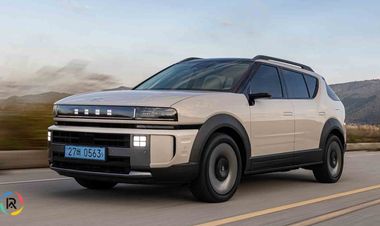Södertälje, Sweden- Scania AB., and SSAB AB., have signed a letter of intent to decarbonise all steel deliveries from SSAB to Scania’s heavy-duty vehicles in 2030. Deliveries of SSABs Fossil-free steel is targeted to ramp up rapidly from smaller amounts starting in 2026 and will be key in the shift towards a sustainable transport system.
SSAB is Scania’s main supplier of steel for its vehicles. The new deal, a next step in the long-standing relationship, caters for radically lowered climate emissions. The 100 percent ambition for decarbonised deliveries is among the boldest of intentions agreed between SSAB and a customer. It moreover marks an ambitious plan within the First Movers Coalition, where Scania and SSAB are members to reduce the carbon footprint in hard-to-abate sectors. Through this partnership, Scania and SSAB are committed to use their purchasing power to create early markets for innovative clean technologies.
Mr. Christian Levin, CEO at Scania, said that, We are happy and thrilled to have arrived at this consensus. Driving the transition to a sustainable transportation system is Scania's goal. As SSAB, the leader in the shift to a sustainable steel industry, we work with partners to take action along the whole value chain in order to achieve that goal.
Mr. Martin Lindqvist, CEO at SSAB, said that, Scania has presented a market-leading plan to drastically cut carbon emissions by 2030 in four "hotspots" that account for almost 80% of supply chain emissions: cast iron, steel, aluminum, and batteries.
SSAB plans to deliver its Fossil-free steel to the market at commercial scale in 2026 and for its operations to be largely fossil-free around 2030. SSAB Fossil-free steel is manufactured using the HYBRIT technology, which replaces the coking coal traditionally used for iron ore-based steelmaking with fossil-free electricity and hydrogen. The by-product is water instead of carbon dioxide.
The supply chain decarbonisation strategy and targets intially comprise of Scania's production in Europe but will gradually be extended to its production in China and Latin America.








